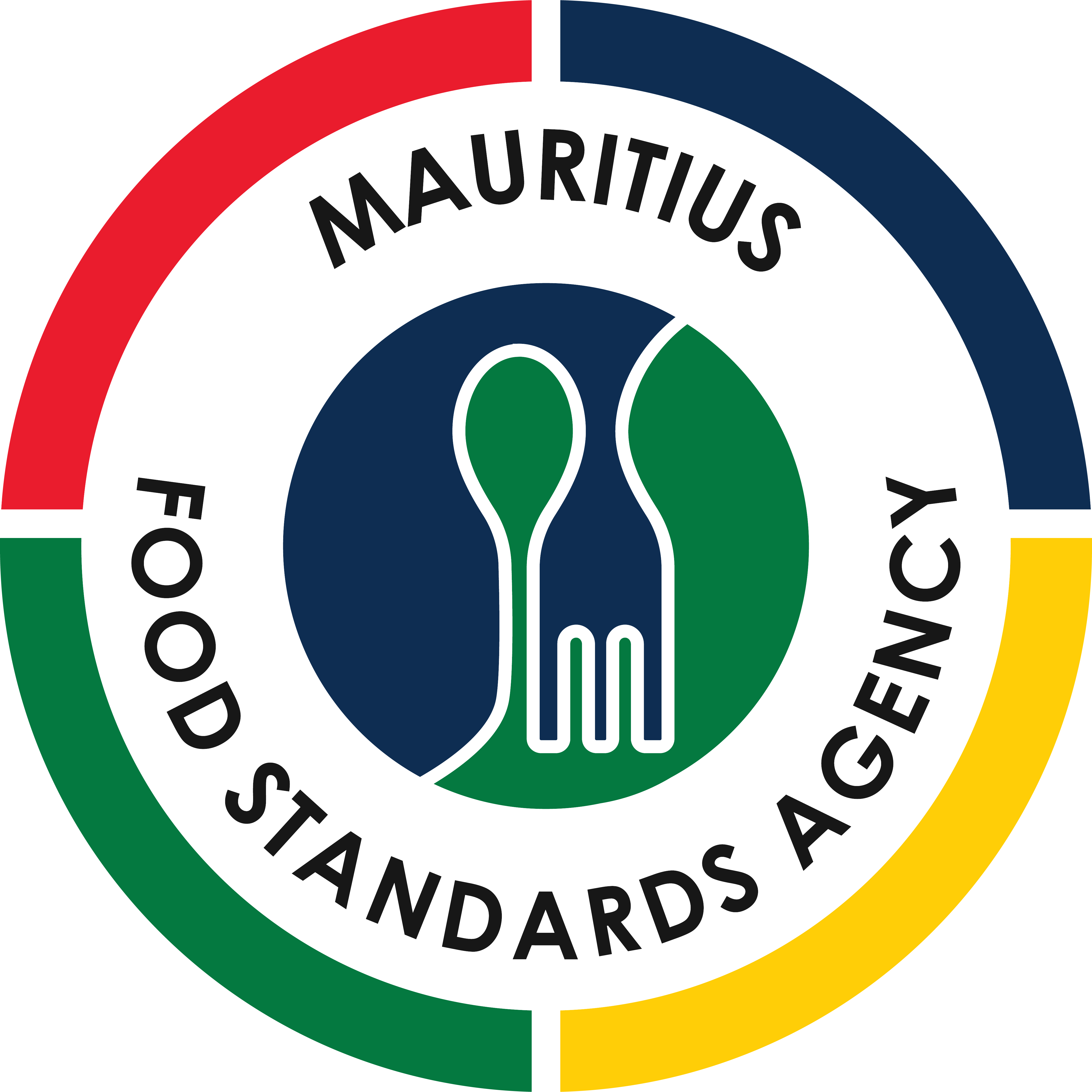Corporate
Event
Aenean non accumsan ante. Duis et risus accumsan sem tempus porta nec sit amet est. Sed ut euismod quam.
Wedding
Reception
Aenean non accumsan ante. Duis et risus accumsan sem tempus porta nec sit amet est. Sed ut euismod quam.
Birthday
Party
Aenean non accumsan ante. Duis et risus accumsan sem tempus porta nec sit amet est. Sed ut euismod quam.
Private
Party
Aenean non accumsan ante. Duis et risus accumsan sem tempus porta nec sit amet est. Sed ut euismod quam.
Anniversary
Celebration
Aenean non accumsan ante. Duis et risus accumsan sem tempus porta nec sit amet est. Sed ut euismod quam.
Social
Events
Aenean non accumsan ante. Duis et risus accumsan sem tempus porta nec sit amet est. Sed ut euismod quam.
What is wheat flour fortification?
Wheat flour fortification is a process of adding essential nutrients to wheat flour to improve its nutritional content and address micronutrient deficiencies in the population.
Why is wheat flour fortification important to public health?
The purpose is to enhance the nutritional quality of commonly consumed staple foods, such as wheat flour, to support overall health and well-being. Fortification typically involves adding minerals and vitamins that may be lacking in the diet, especially in regions where certain nutritional deficiencies are prevalent and has proven to be an effective and sustainable way to improve the nutritional status of populations. It is often implemented as a public health strategy to reach a large segment of the population, as wheat flour is a staple ingredient in many diets worldwide.
When was the initiative to fortify wheat flour proposed?
In the Budget Speech for 2019-2020, the Prime Minister announced the initiative to fortify wheat flour. The objectives were to decrease nutritional anaemia in female adolescents aged 12-19 to 10% and to achieve a 50% reduction in anaemia among reproductive-age women by 2025 to meet global nutrition targets.
How was the initiative to fortify wheat flour implemented?
In October 2023, wheat flour fortified with iron, zinc, vitamins B9 (folic acid) and B12 (cobalamin) at levels specified in the standard MS 262:23 was already available on the market on a voluntary basis. The fortification process is carefully controlled at manufacturing level to ensure that the added nutrients are present in appropriate amounts and remain stable throughout the shelf life of the flour. As from 2024, fortified wheat flour manufactured for local consumption is regulated as per the new Food Regulations 2024.
How can fortified wheat flour improve our health?
Iron is essential for the formation of haemoglobin in red blood cells, which helps to prevent iron-deficiency anaemia. Zinc is essential for immune function, wound healing, and proper growth and development. Vitamin B9 is important for the development of the neural tube in embryos and can prevent neural tube defects during pregnancy. Vitamin B12 is important for nerve function, the production of red blood cells, and DNA synthesis.
Source: Food Fortification Initiative
